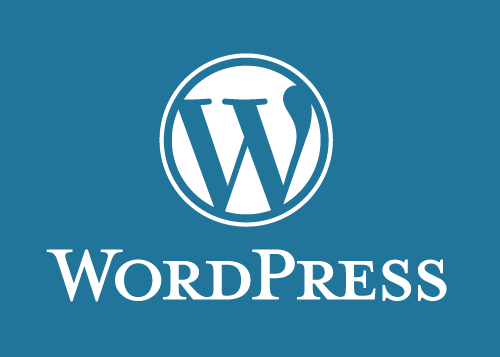If you intend to use the internet to sell your products or promote your business, it will help if you have some type of blog or website. This will allow you to put content online, and you can also use it as a web shop-front. In order to create this type of online presence, you will first need a content management system. There are many of these to choose from, and the right one for you will depend on your needs and expectations.
Pros and Cons of WordPress

src: flickr
WordPress is the most popular content management system out there. The user interface is simple to use, and there is an impressive selection of plug-ins available that can do all kinds of wonderful things. Best of all, WordPress is completely free. The downside of using this platform is that when problems arise it can take a long time to get things sorted because the only real way to get help is to use the WordPress forums .The problem with using Wordpress for a business website is that it is not really designed for scalability, and this means that it could become unsuitable if your business increases in size.
Pros and Cons of Drupal
Users of Drupal get to enjoy something that completely customizable, and this means that they can end up with a site that is truly unique and innovative. There is also plenty of flexibility when it comes to delivering content. Drupal is excellent for engaging users in an interactive way, and this might be important for a business website. The more negative aspects of Drupal would include the fact that it is not initially very user friendly, and it does not have backwards compatibility.
Pros and Cons of Joomla
Joomla is an easy content management system to master because it uses a simple interface - the administrator is not overwhelmed with options. This is a scalable option, and this means that it can suit the increasing needs of a business as it grows. The downside of this system is that it is less customisable than Drupal, and it is not quite as simple to use as WordPress.
Pros and Cons of Magento
Magento is an open-source platform that has been designed specifically for e-commerce. The community version is completely free. It is a popular choice with businesses because it offers impressive scalability - it can be used to sell one product or thousands of products. One of the cons of Magento is that there is no real customer service available with the free version. It is usually necessary to have a dedicated server for Magento because it can use up too many resources on a shared server.
Pros and Cons of DNN
DotNetNuke (DNN) is a flexible content management system, and it comes with an impressive collection of templates, skins, and modules. There is a free version available but most businesses will choose the professional edition or the elite edition. DNN is highly customisable, but the price of this is that there is a steep learning curve involved in getting to grips with the platform. This system is also only able to work on certain servers.
Conclusion
In order to choose the best content management system, you will need to consider your business needs. If only really need a modest online presence, you will probably do well with WordPress which is completely free and relatively easy to use. Magento would be a good option if your primary concern is e-commerce. If you want a website that is going to look impressive and innovative, you might want to choose Drupal or DNN.
About Author: John Fegan is a freelance copywriter based in the UK who writes for a variety of websites, including a number of spinal injury solicitors in the UK.